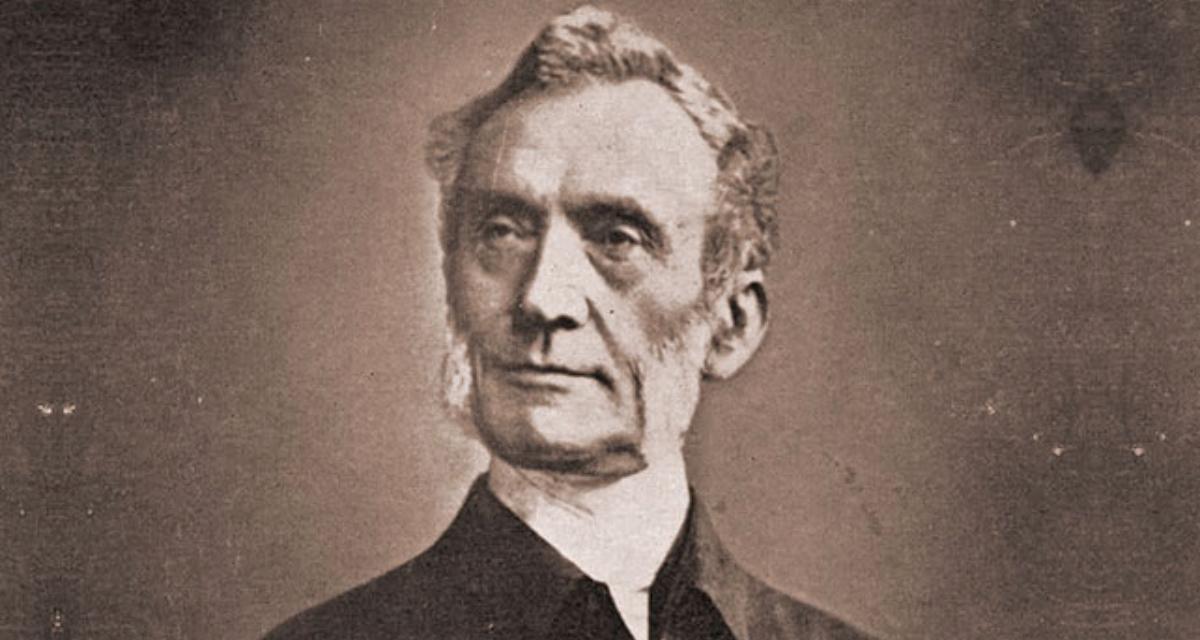

Table of Contents
George Muller Biography: Legacy, Career, Wife, & Death
George Muller Early Life and Background
George Muller Social Media Presence
Conclusion: George Muller Biography
George Muller Biography
George Müller’s life is a testament to the power of faith and prayer. He is best known for his work in establishing orphanages in Bristol, England, where he cared for thousands of children without ever directly soliciting funds. Instead, he relied solely on prayer and believed that God would provide for all their needs. This unwavering faith and his meticulous record-keeping provide a powerful narrative of divine provision.
George Muller Age
George Müller was born on September 27, 1805, in Kroppenstedt, a small village in the Kingdom of Prussia (now Germany). He died on March 10, 1898, in Bristol, England, at the age of 92. His long life spanned much of the 19th century, a period of significant social and religious change.
Read Also: Fatima Sheikh Biography: Legacy, Religion, Teachings, & Death
George Muller Wife & Child(ren)
In 1830, George Müller married Mary Groves. Mary proved to be a steadfast partner in his ministry, sharing his deep faith and commitment to serving others. They had one child, Lydia Müller, born in 1832. Lydia also dedicated her life to service and assisted in the orphanage work. Mary Müller passed away in 1870, after which George Müller married Susannah Grace Sanger in 1871. Susannah also supported his ministry until his death.
George Muller Early Life and Background
Müller’s early life was far from pious. He described himself as a rebellious youth, involved in theft and other questionable activities. He even spent time in prison. However, a turning point came during his university years in Halle, where he attended a Bible study meeting. This experience sparked a profound spiritual awakening in him. He began to read the Bible regularly and experienced a growing conviction to dedicate his life to God. This transformation marked the beginning of his journey towards a life of faith and service.
George Muller Career
After his conversion, Müller abandoned his initial plans for a career in the ministry within the established church and felt called to missionary work. He went to London in 1829 to train as a missionary to the Jews. However, his views on relying solely on prayer for financial support differed from the mission society’s practices. This led him to leave the society and begin independent ministry.
In 1832, Müller moved to Bristol, where he became the pastor of Ebenezer Chapel. He and his wife began caring for orphaned children in their own home. This humble beginning laid the foundation for his life’s most significant work: the establishment of the Ashley Down orphanages.
Müller’s approach to caring for orphans was revolutionary for his time. He believed that God would provide for all their needs through prayer and refused to solicit donations publicly. He kept meticulous records of all the provisions received, documenting the numerous instances where needs were met in seemingly miraculous ways. Over the years, he established five large orphanages on Ashley Down, housing thousands of children.
Beyond his orphanage work, Müller was a dedicated preacher and Bible teacher. He traveled extensively, preaching the Gospel and sharing his experiences of God’s faithfulness. He also wrote extensively about his faith and experiences, leaving behind a rich legacy of spiritual writings.
George Muller Notable Works
George Müller’s most notable work is undoubtedly the establishment and operation of the Ashley Down orphanages in Bristol. These institutions provided not only shelter and food but also education and vocational training for thousands of orphaned children. His unwavering reliance on prayer for provision became a powerful testament to his faith and inspired countless others.
His writings, particularly his journals and autobiographical accounts, are also significant. They offer a firsthand glimpse into his life, his struggles, and his unwavering faith in God’s provision. These writings continue to inspire and encourage Christians around the world.
George Muller Social Media Presence
Given that George Müller lived in the 19th century, he had no social media presence in the modern sense. However, his legacy continues to be shared and discussed through various online platforms, websites, and social media pages dedicated to Christian history and biography. His writings are readily available online, and his story continues to be shared through articles, blog posts, and videos.
George Muller Death
George Müller died on March 10, 1898, in Bristol, England, at the age of 92. His death was mourned by many, and his funeral was a large public event, a testament to the impact he had on the community. He left behind a legacy of faith, service, and unwavering trust in God’s provision.
George Muller Profile Summary
- Full Name: George Müller
- Born: September 27, 1805, Kroppenstedt, Kingdom of Prussia (Germany)
- Died: March 10, 1898, Bristol, England
- Spouses: Mary Groves (m. 1830-1870), Susannah Grace Sanger (m. 1871-1898)
- Child: Lydia Müller
- Known For: Establishing orphanages in Bristol, relying on prayer for provision
Conclusion: George Muller Biography
George Müller biography is a powerful story of faith, transformation, and service. From a rebellious youth to a man dedicated to caring for thousands of orphaned children, his journey is an inspiration to people of faith around the world. His unwavering reliance on prayer for provision and his meticulous record-keeping provide compelling evidence of God’s faithfulness. While a “net worth” is irrelevant to his life’s work, his legacy is immeasurable. He left behind not material wealth, but a rich heritage of faith, compassion, and a powerful example of what can be accomplished through unwavering trust in God. His story continues to challenge and inspire, reminding us of the power of prayer and the importance of serving others.
Leave a Reply